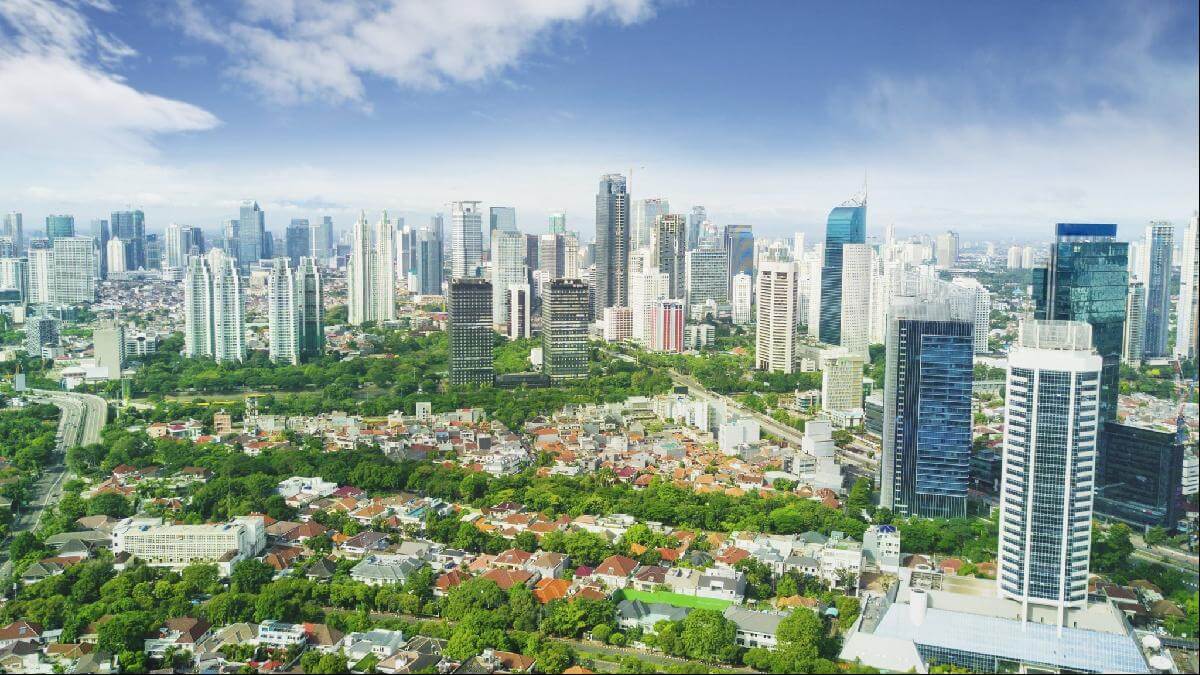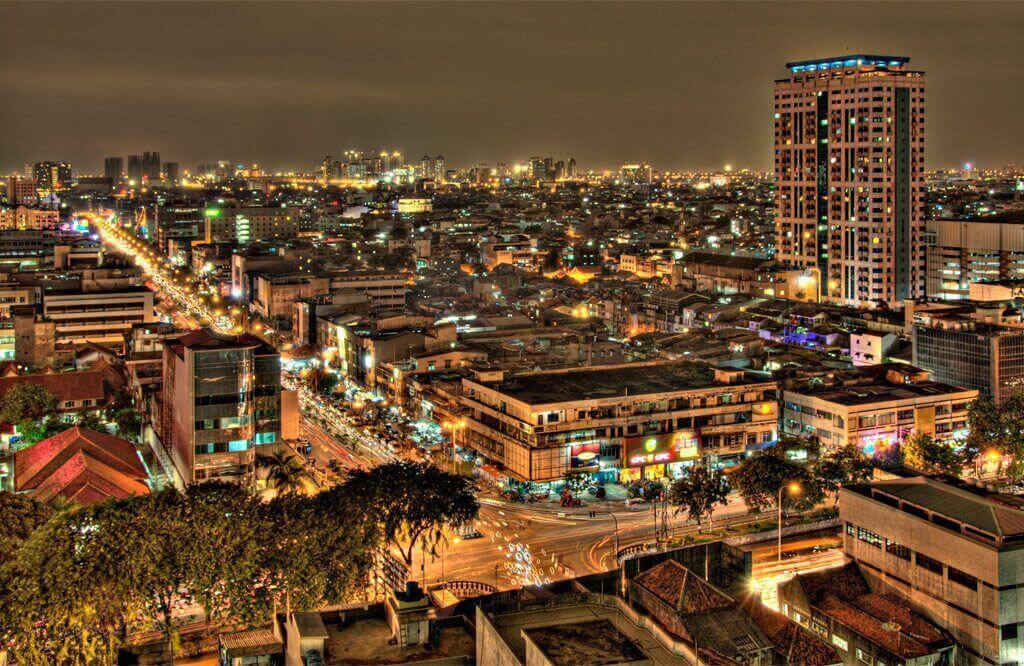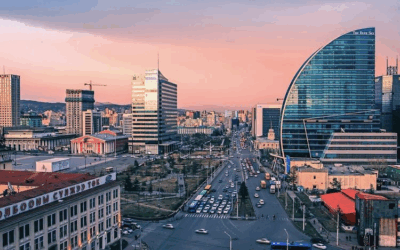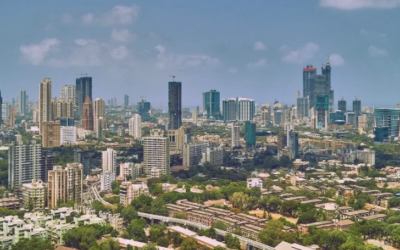Last updated January 20th, 2024.
Indonesia enjoys Southeast Asia’s largest economy. Sadly, numerous problems make it one of the ASEAN region’s worst-performing economies.
They’ve lagged behind frontier market peers such as Vietnam and the Philippines over the past decade.
Meanwhile, Indonesia’s annual GDP growth was stagnant at around the 5% range during that time – which is rather mediocre for an emerging economy.
Indonesia’s economic problems will unfortunately keep posing a big challenge in 2024 and beyond. Many issues can be solved with time and money. Yet others are structural by nature and will stay around for a while.
Fixing Indonesia’s economic issues will require a greater effort amount than anyone is putting forth right now. Both the government and private sector are falling behind on implementation, even if there are plenty of meetings and empty talks.
Major Problems in Indonesia
For starters, let’s take a look at some good things about the Indonesian market. The nation is Southeast Asia’s biggest in terms of both population and economic size.
Indonesia is among the world’s largest exporters of petroleum and palm oil, with its manufacturing sector taking market share away from China each year.
Furthermore, they’ve only had a single year of negative GDP growth since the 1998 Asian Financial Crisis. That’s more than 20 years without a major recession.
Broader concerns still overshadow these positive traits though. Problems in Indonesia include slower economic growth, pressure on the state budget.
Hot issues in Indonesia also include its widening deficit, the plunging rupiah currency, and a sheer lack of competitiveness compared to elsewhere in Southeast Asia.
Needless to say, such trends are extremely worrying for Indonesia’s long term economic prospects.

Indonesia’s economy is Southeast Asia’s largest, while Jakarta is the de-facto capital of ASEAN. Sadly, neither Indonesia nor Jakarta is living up to their full potential.
So far, the World Bank has maintained Indonesia’s GDP growth forecast of 4.9% in 2024 and 2025 – among the lowest in Southeast Asia, even if impressive in a global context.
Regardless, the mere fact that GDP growth in Indonesia is slowing while the current account deficit continues to widen is causing great concern.
Because of a number of cyclical factors, it’s not unusual for Indonesia’s current account deficit to increase during the second quarter of each year.
However, Indonesia’s deficit rose substantially despite its overall decelerating economy. That would normally be favorable for any nation’s current account.
Yet another problem in Indonesia is its massive amount of government expenditure allocated to fuel price subsidies.
President Widodo lowered subsidies, which mostly favor the country’s upper and middle class. Nonetheless, fuel subsidies still account for more than 15% of Indonesia’s total state budget.
And, of course, taxpayers will keep spending money, which could potentially go towards better things.
Bad Planning Worsens Indonesia’s Economic Issues
Quite frankly, Indonesia must step up its game if it wants to become a winner in the ASEAN Economic Community (AEC).
What exactly is the AEC? Well, it’s a regional economic bloc that will bring even greater competition between the ten member states of ASEAN.
AEC aims to transform Southeast Asia into a single economic union for trade, labor, and investment. That said, Indonesia is lagging behind many of its neighbors in getting ready for the initiative.
Lawmakers must change several policies to not just comply with the AEC’s standards but also for Indonesia to compete with its neighbors regardless of the community.
Required changes include allowing companies in all industries to legally have majority foreign ownership, cutting government bureaucracy, and removing protectionist barriers.
Foreigners can’t truly own property in Indonesia, either. It’s only possible to buy real estate on a freehold basis if you’re a citizen.
Indonesia isn’t alone, though. Right now, just two countries in Southeast Asia have reached full compliance with the ASEAN Economic Community’s requirements: Malaysia and Singapore.
Granted, those are also the region’s two most developed economies, so it’s probably not coincidental that they’re ahead.
We still think Indonesia’s massive population of 250 million people, strong demographics, and rising middle class bode well for the country’s future. But Indonesia’s economic problems can only be solved if they can learn a thing or two from their neighbors.
If you’re a real estate or stock investor, consider looking elsewhere for your frontier market exposure.
Frontier markets such as Cambodia and Vietnam, among other countries in ASEAN, have much of Indonesia’s upside and less of its drawbacks.
Skip the Next Western Recession
Learn the best places to invest - and where to avoid - by downloading our free Investment Cheat Sheet.







